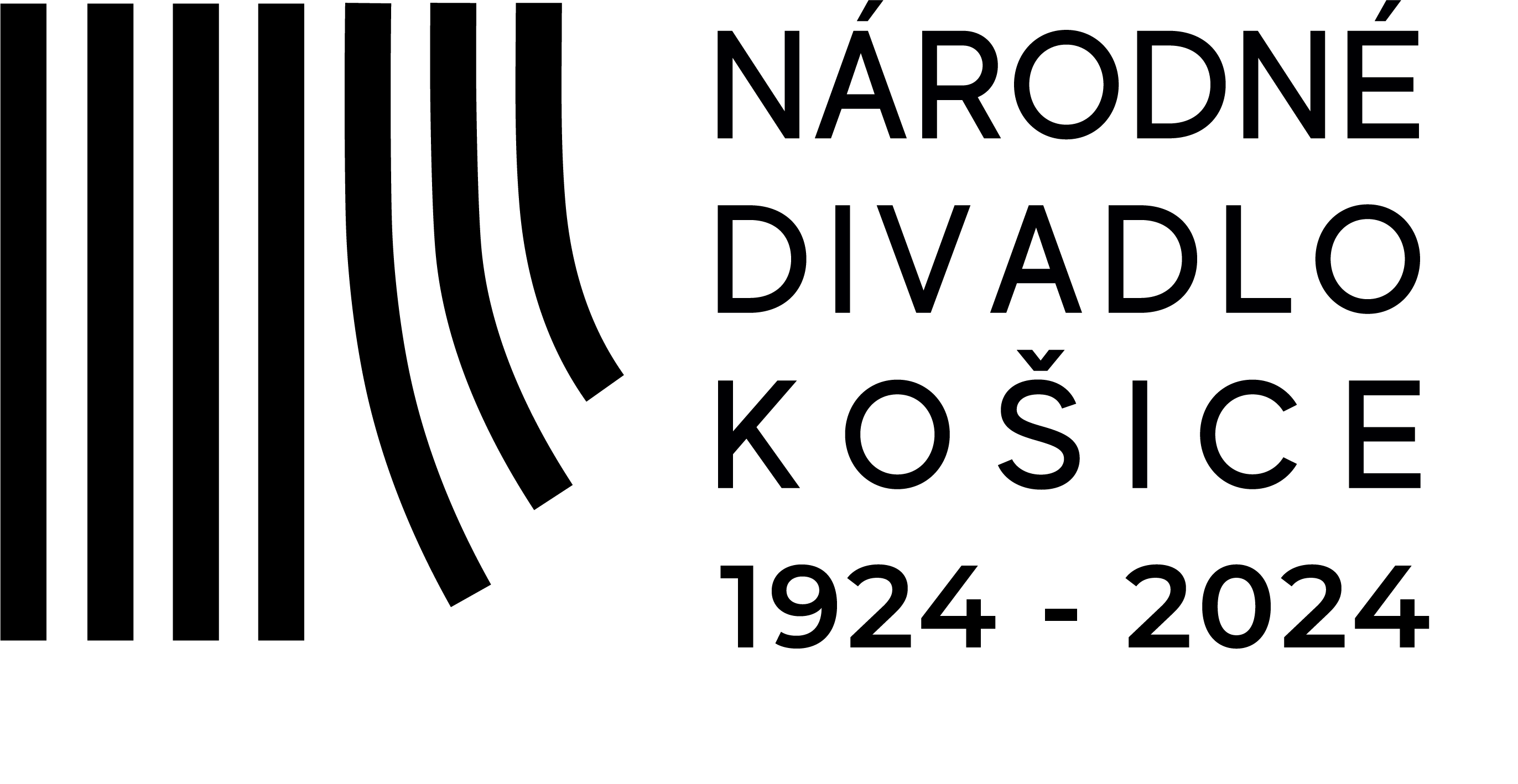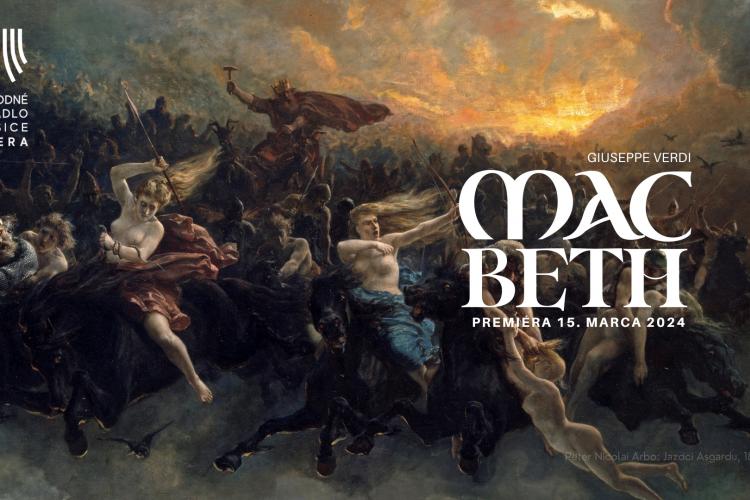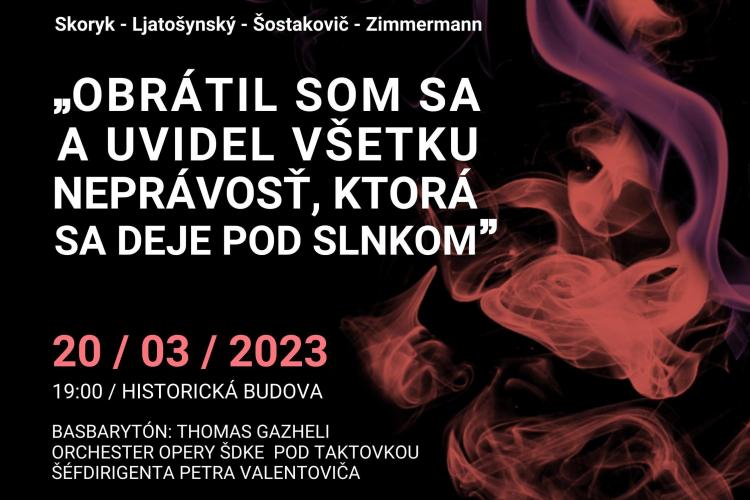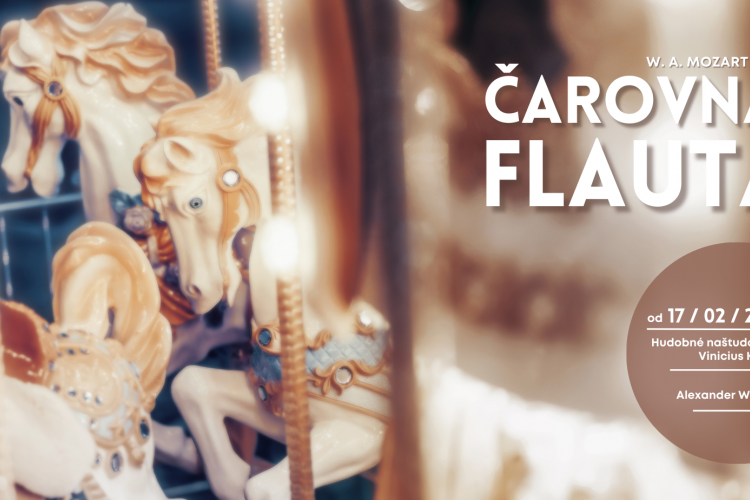Tenors Michal Lehotský and Peter Berger, who have grown in Košice Opera, have met previously during the opera production in Bratislava and Prague. And yet Werther by Jules Massenet, premiered on Friday - October 29th, brought them together on their home stage, double-casting one role. Lat time it happened eighteen years ago in 2003. They together double-casted Ernest in Donizetti’s Don Pasquale. We spoke with both the Werthers, on the first opera Werther in Košice.
We know Werther’s story at least from mandatory literature at school. What fascinates us about Werther and why authors of other genres often turn to Werther?
Peter Berger: Students’ space is generally considered one of crucial spaces where students acquire and shape their reading literacy. However, the word mandatory literature is often almost demotivating. Boring stories, extensive descriptions, death of the main hero... Young people are often unable to identify themselves with the work, they do not understand it, and then appreciate it. During my secondary grammar school studies, I saw Goethe’s novel The Sorrows of Young Werther the same way. We all are creators of own fate, life decisions are our own options, and we are fully responsible for them. So decided Werther; it was his choice, his life... Today, in hindsight, gaining some life experience, I look at the work with a different perception and attitude. It offers answers to questions and contemplations on partners and friends’ relationships and problems, unfulfilled emotions, solutions to depressive and sorrowful states of mind and last, but not least prejudices of society. It lets me understand the true essence of human life, sincere and deep love, for which a man is willing to sacrifice the most precious thing, own life... I think it is rightly considered as one of the most remarkable and sought-after literary pieces and that is why this realistic portrayal attracts and influences many authors.
Michal Lehotský: It is the story that did not just happened once. Similar stories happen today as well and will happen in the future. Of course, in different variations and hopefully with no tragic end. Suicide is not the way. But that is why Werther is so strong, he goes to extreme. It is simply a vivid story and people do come across to such stories. Though it is very little known, but it happens everywhere. It is something all of us know, when someone we know is taken by something unimaginable and strong and he gets lost in it. This is strong about Werther’s story.
Massenet is rather less presented author. This is the first Werther in Košice. What is interesting about its music? In Werther’s sheet music, are there any tricky moments?
Peter Berger: Though Jules Massenet has become known as opera composer, he wrote more than thirty operas, today it is only Manon and Werther that are presented. I have met with Werther opera only once, during the production preparations in the National Theatre in Prague. I really like French opera, the opera that seeks realism and reaches up to naturalism. Massenet’s strength is in his large symphonic basics incorporating characteristic and sound picturesque motives. He was able to change moods, extremely melancholic, sentimental, lyrically warm with delicate dynamics, to me almost meditative with captivating drama. Other Massenet’s strength is his psychological understanding of characters and their detailed description.
And tricky moments? Each opera probably has some...
Michal Lehotský: It is interesting that Massenet composed a lot, he did dozens of opera pieces. But only Werther and several other pieces are still alive. He was great practitioner, experienced, and great musician. His sheet music for orchestra is so amazingly colourful and rich. And Massenet influenced great Italian composers, especially Puccini. He is more straightforward, Massenet is more refined, but it is beautiful. His melodics is fantastically rich, it is extremely colourful; and music is truly beautiful. And though it has some Puccini’s quality, it is distinct – Massenet’s.
What could be interesting about the new production for the audience in Košice?
Peter Berger: Werther has never been presented in Košice. Definitely, it deserves attention!
I cordially invite everyone; and I believe that they will appreciate excellent musical preparation by great conductor Vincius Kattah, sensitive management by director Alexander Wiegold, amazing costume design by Tomáš Kypta and, not least, great portion of emotions, sincerity, authenticity, love and disappointment. I am happy I can be a part of this beautiful production and open my heart and especially hearts of sensitive viewers, beloved Košice inhabitants.
Michal Lehotský: For sure a beautiful music that goes far beyond anything else. And the story is immortal. For me, he is interesting. Although he is melancholic, he also has some enthusiasm of a child who looks at the world with its open eyes saying that the world is wonderful. But then he narrows the view to Charlotte and sees the beauty only in her, losses the ability to see it everywhere around. And this is perhaps his fatal mistake.






